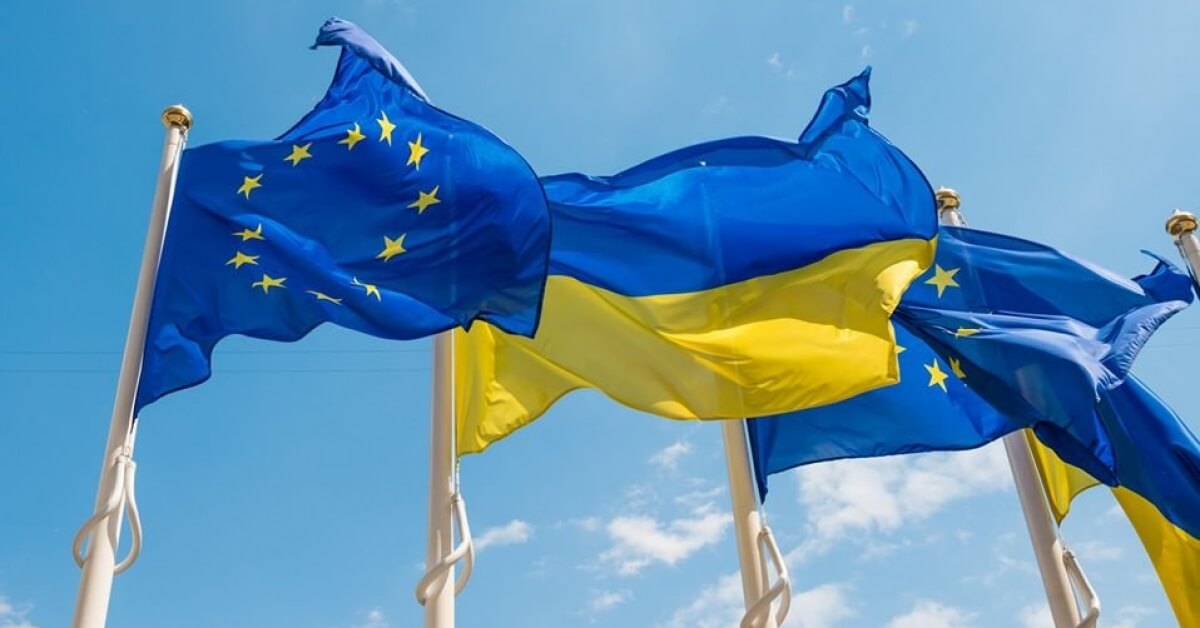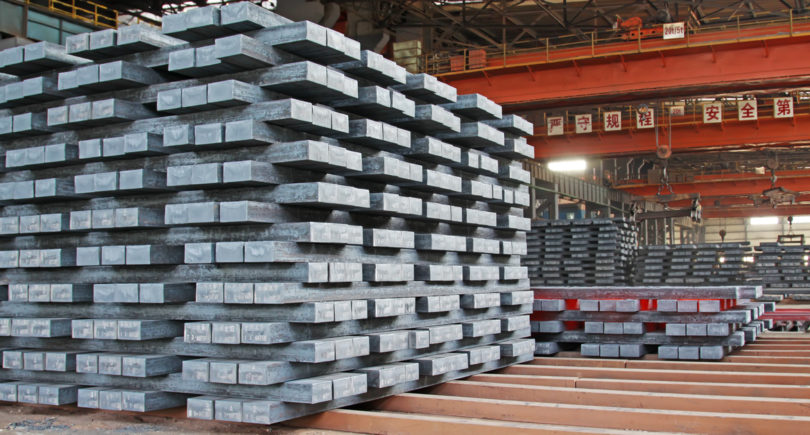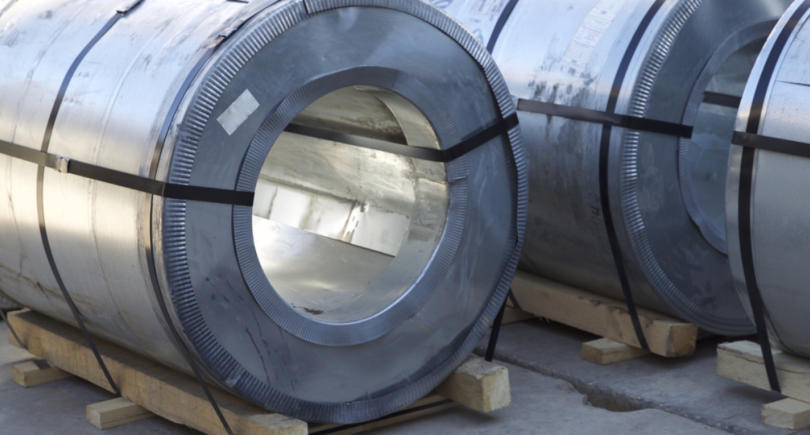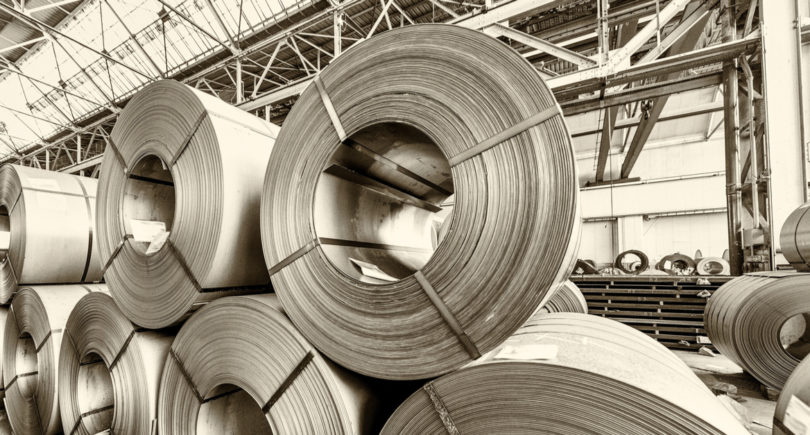
News Global Market ЕС 835 01 June 2020
The Government wants to simplify access of Ukraine-certified goods to the EU market and to revise export quotas
The Cabinet of Ministers will seek to mitigate restrictions imposed by the European Union on imports of goods of Ukrainian producers. This statement has been made in recent days by government leaders.
Industrial visa-free regime
At a video conference of government heads, the Prime Minister of Ukraine, Denys Shmyhal, in particular asked the Federal Chancellor of Germany, Angela Merkel, about granting Ukraine industrial visa-free regime with EU countries.
Ukraine plans to sign the Agreement on Conformity Assessment and Acceptance of Industrial Products (АСАА) with the EU in the coming years.
The signing of the Agreement will oblige EU countries to recognize, without additional verification, conclusions of Ukrainian certification authorities. This will facilitate access of Ukrainian goods to the European market.
A statement to seek the ACAA signing was also made in an interview to Deutsche Welle by Vadym Prystaiko, Ukraine’s Vice Prime Minister for European and Euro-Atlantic Integration.
“The Agreement will ease access to EU markets, as our products should not go through certification. This means we would be trusted. This is needed to bring goods certified in Ukraine to EU markets just the next day, as easily as commodities of European companies,” explains Vadym Prystaiko.
Quota increase
In addition, Vadym Prystaiko made a statement on the need to revise the terms and conditions of the Association Agreement with the EU, in particular on the issues of existing quotas for duty-free exports of Ukrainian products.
“It is a very good moment now, because the historical time has already come when we can revise the terms and conditions. And our manufacturers expect this revision. It is because most of the set quotas no longer suit us. We ended the stage of first contracts with the EU as part of the Free Trade Agreement. I hope those will be reconsidered,” says the Vice Prime Minister.
The context
In 2014, the European Union and Ukraine entered into the Association Agreement. Its economic part (a deep and comprehensive free trade area with the European Union) theoretically offers Ukraine an opportunity to expand trade relations, opens up new markets, helps adapt legislation to the European acquis, and integrates the EU standards into key sectors of the Ukrainian economy.
In practice, however, various safeguard measures were sharply strengthened around the globe in 2018–2019, including the European Union.
For instance, sales of metal products to the EU have been restricted by quotas since 2018. An important milestone in the history of trade with the EU was the introduction of anti-dumping import duties on flat hot-rolled products in the amount of €60.5 per ton. Exports of hot-rolled coil to the EU fell from 1.9 million tons in 2016 to 1.1 million tons in 2018.
Ukraine and the European Union may sign an updated Association Agreement in 2021. Ukraine is going to advocate a revision of the terms and conditions.



